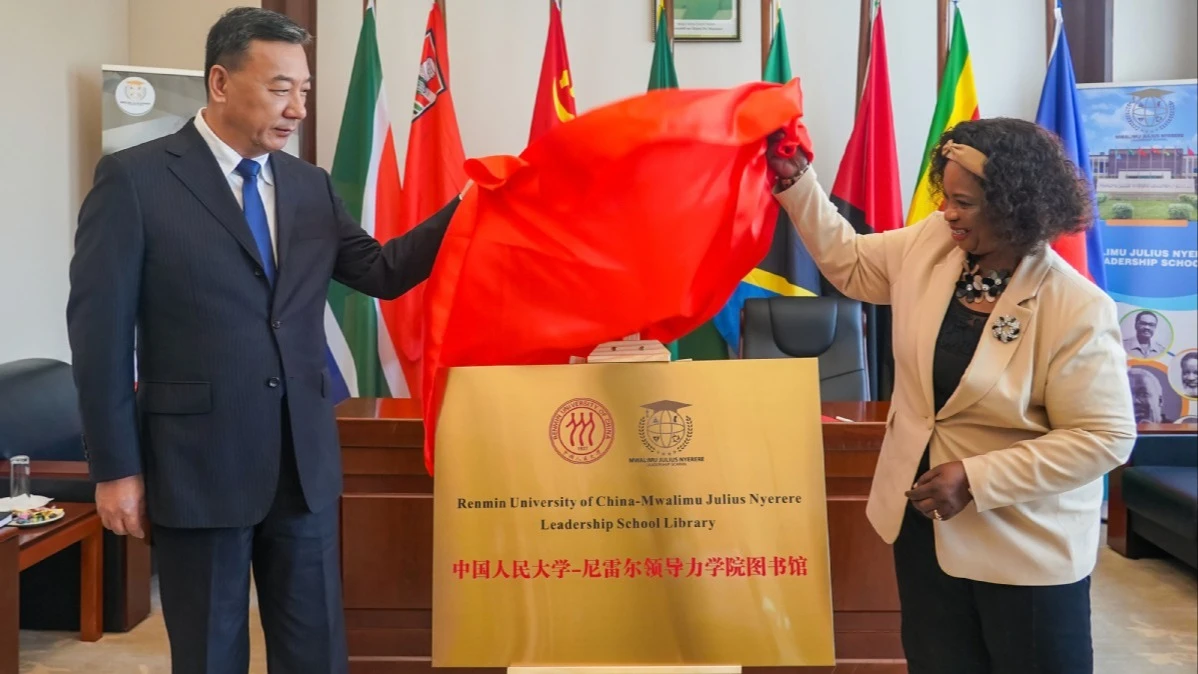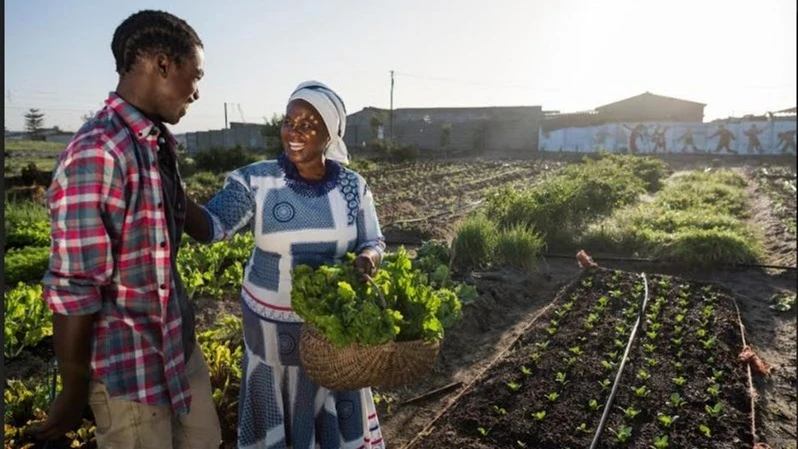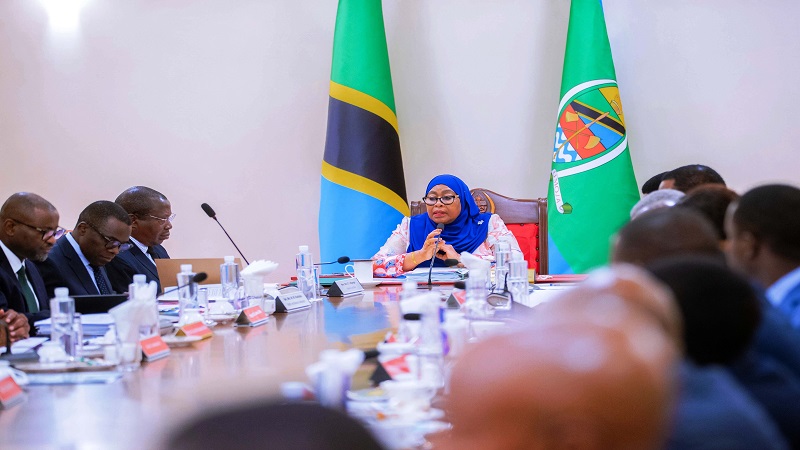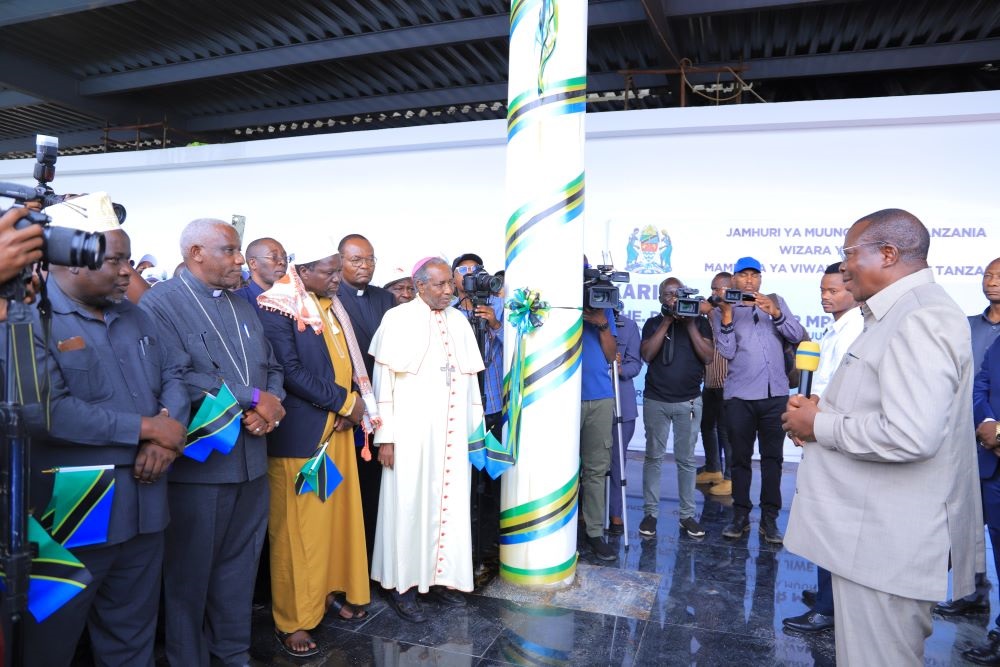Chijoriga: Civilizational exchange key for mutual learning between China and Africa

PRINCIPAL of the Mwalimu Julius Nyerere Leadership School (MJNLS), Prof. Marcellina Chijoriga has emphasized the importance of modernisation exploration as a vital aspect of civilizational exchange and mutual learning between China and Africa.
She made the statement recently during the inauguration of the Renmin University of China- MJNLS Library in Coast Region, where the two institutions also hosted a themed seminar on the third plenary session of the 20th Central Committee of the Communist Party of China (CPC).
Prof Chijoriga highlighted that the experience of Chinese modernisation has garnered increasing interest among African nations.
“China has been committed to assisting Tanzania and other African countries in actively exploring development pathways and sharing relevant experiences with young and middle-aged African leaders. This collaboration offers valuable insights into addressing regional development challenges,” she said.
She added: “The signing of this agreement will elevate the school’s profile, enabling more students to learn from China’s development experiences and consider ways to promote their own countries’ progress.”
Zhang Donggang, Party Secretary of Renmin University of China said that the MJNLS represents a significant achievement in Sino-African governance exchanges. He noted that the university has maintained strong ties with the Leadership School over the years.
“The signing of this agreement marks a new starting point for cooperation between our institutions, ushering in a new phase of collaboration,” he said.
Zhang expressed the university’s commitment to fostering various forms of cooperation, including scientific research and academic exchanges between teachers and students, to enhance synergy in research initiatives.
“The two institutions should continue to strengthen an institutional framework based on openness, inclusivity, mutual learning, joint contributions, and shared benefits. Strengthening dialogue and exchanges will enhance the vibrancy of civilizational learning,” he said.
He further emphasized the robust partnership between China, Tanzania and other nations, particularly in development efforts aimed at improving the well-being of their populations.
“I encourage African nations and China to continue working hand in hand to achieve developmental progress, as their unity has already yielded significant successes.”
Dr Theresia Dominick from the University of Dar es Salaam, representing the trainers at the MJNLS, underscored the value of learning from the Chinese, particularly their strong work ethic and discipline.
She highlighted the disciplined approach the Chinese take toward their work and nutrition, emphasizing their focus on maintaining health by carefully weighing the benefits and risks of their food choices.
Dr Dominick also stressed the importance of financial discipline, noting that Tanzanians could benefit from the Chinese approach to money management.
“Even when financially comfortable, the Chinese avoid frivolous lifestyle changes,” she said.
Top Headlines
© 2024 IPPMEDIA.COM. ALL RIGHTS RESERVED






















